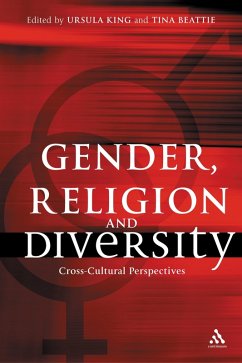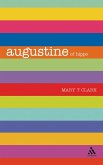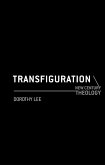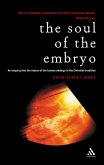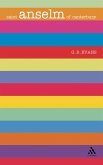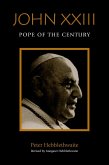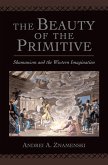Gender, Religion and Diversity provides an introduction to some of the most challenging perspectives in the contemporary study of gender and religion. In recent years, women's and gender studies have transformed the international study of religion through the use of interdisciplinary and cross-cultural methodologies, which have opened up new and highly controversial issues, challenging previous paradigms and creating fresh fields of study. As this book shows, gender studies in religion raises new and difficult questions about the gendered nature of religious phenomena, the relationship between power and knowledge, the authority of religious texts and institutions, and the involvement and responsibility of the researcher undertaking such studies as a gendered subject.
This book is the outcome of an international collaboration between a wide range of researchers from different countries and fields of religious studies. The range and diversity of their contributions is the very strength of this book, for it shows how gendering works in studying different religious materials, whether foundational texts from the Bible or Koran, philosophical ideas about truth, essentialism, history or symbolism, the impact of French feminist thinkers such as Irigaray or Kristeva, or again critical perspectives dealing with the impact of race, gender, and class on religion, or by deconstructing religious data from a postcolonial critical standpoint or examining the impact of imperialism and orientalism on religion and gender.
This book is the outcome of an international collaboration between a wide range of researchers from different countries and fields of religious studies. The range and diversity of their contributions is the very strength of this book, for it shows how gendering works in studying different religious materials, whether foundational texts from the Bible or Koran, philosophical ideas about truth, essentialism, history or symbolism, the impact of French feminist thinkers such as Irigaray or Kristeva, or again critical perspectives dealing with the impact of race, gender, and class on religion, or by deconstructing religious data from a postcolonial critical standpoint or examining the impact of imperialism and orientalism on religion and gender.

